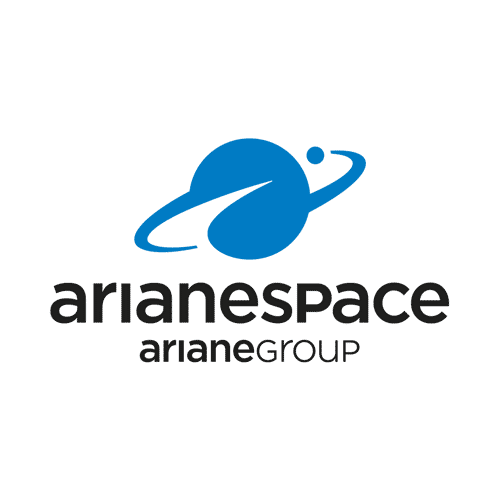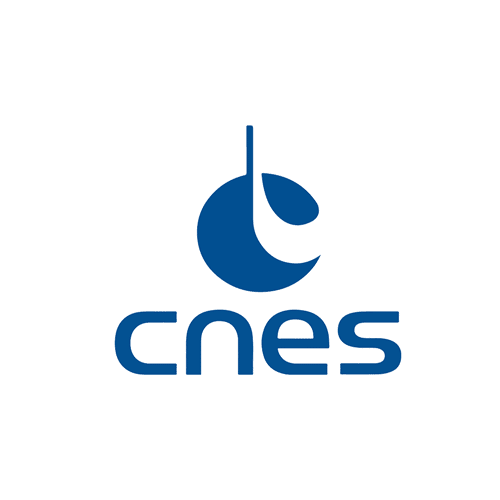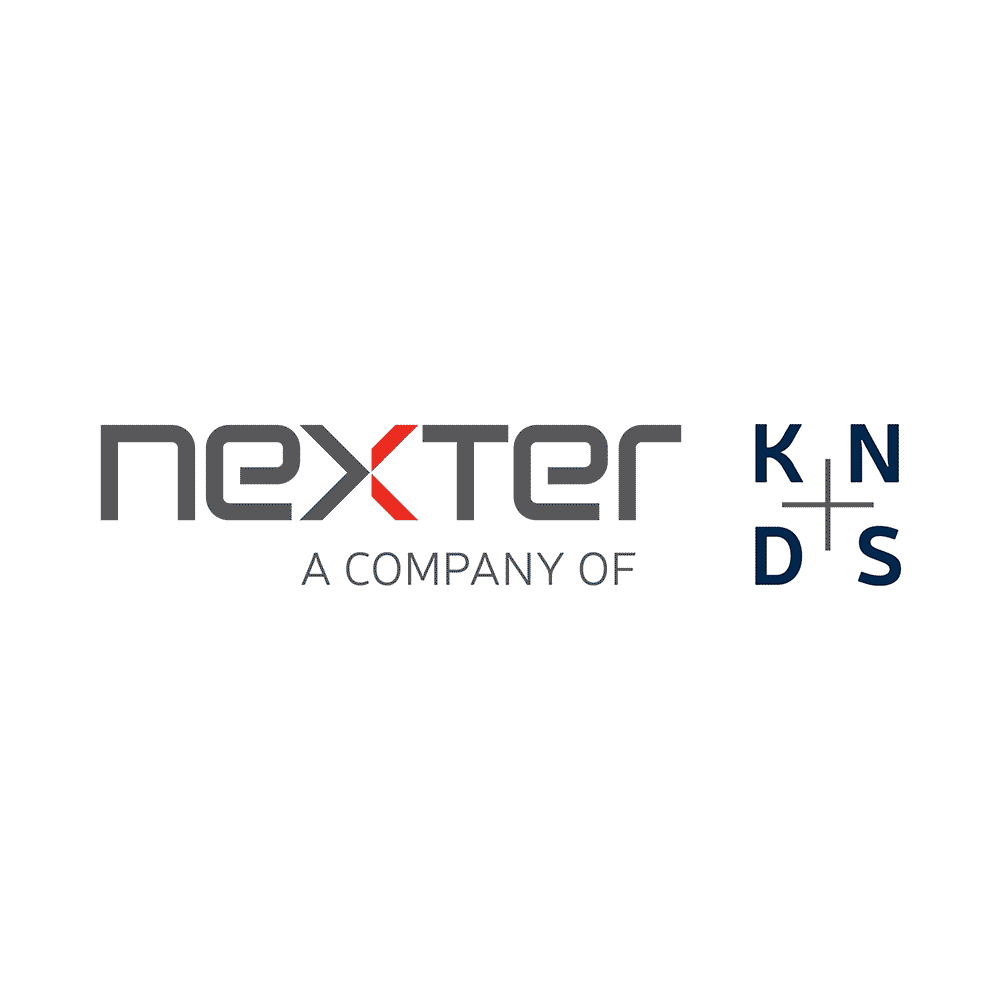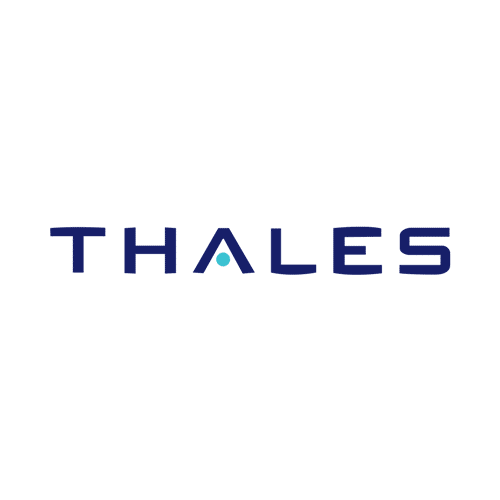
New space

Seize the opportunities related to the rise of private players in the space industry
Our specialized team supports players in the space industry in understanding the New Space market and in developing their innovation projects and strategies for entering this rapidly growing market.
They trust us










The challenges related to new space and the new space economy
The advent of New Space has profoundly changed the space industry, forcing traditional players to revise their strategies in the face of multiple initiatives from new private players. While this sector is now more accessible than ever, players in the space industry face increasingly critical challenges in order to seize the new opportunities that have opened up.
Among the main challenges facing New Space are:
Privatization has given rise to numerous innovations and new offers leading to a significant technological leap. These range from satellite miniaturization, reusing launchers, and applications centered on satellite data (precision agriculture, navigation, surveillance, air and road traffic monitoring, IoT, etc.), to more futuristic technologies related to in-space manufacturing, space tourism, and the exploitation of resources in orbit. These technological advances are key enablers and catalysts for entering the new private space market.
What technologies should be developed for a new offer? Are they adapted to the needs of the market? What are the main technological barriers to consider? What are the different steps involved in bringing a new space technology to market?
The value chain of this new space economy has evolved considerably. While the market was traditionally driven by techno-push initiatives, the industry is now seeing a transition to a market driven by demand and the needs of new space services. The rise of digital technology and the advent of New Space startups have led to the democratization of space-as-a-service and the use of spatial data, giving rise to new service models targeting many segments of application.
What strategic positioning should we adopt in the value chain? What is the most relevant business model for a new space-as-a-service offer? What are the market needs? Which partners should we target for the successful development of new space services?
The growing dependence on space is coupled with the arrival of new threats, where space assets become sources of vulnerability for nations. It is now crucial for states to protect their space activities, which have become vital for the economy and societies, by detecting potential threats and ensuring the security of their space operations (risk of collision, cyberattacks, etc.). In addition, as the convergence of the military and the space industry takes shape in different countries, the question of sovereignty becomes inevitable.
How do we ensure the security of space operations? What are the geopolitical risks associated with space activities? How do we ensure digital sovereignty in a new space economy led by American giants?
Because not much is known about it, there remains little regulation in space. In the context of increased democratization and ease-of-access thanks to the New Space movement at the international level, many problems have arisen, including the exploitation of space resources and space traffic and space waste management. Indeed, space debris is more and more plentiful (due in particular to mega-constellations), and the majority remains in orbit and poses a danger to space objects, which are at risk of being damaged or even destroyed. Defining an international regulatory framework is key to addressing safety and environmental issues.
How have regulations concerning space management evolved? How do we get involved in the legislative ecosystem? What space debris management solutions should be put in place?
How we support you in your projects related to new space and the new space economy
Alcimed supports its clients in the New Space era by understanding the new space economy, its challenges, and its ecosystem of players. In this sense, we have accompanied key players in the aeronautics/space/defense industry as well as public players in the space sector on several strategic and innovative projects carried out alongside decision makers (executive committees, strategy directors, marketing directors, innovation directors, etc.) and project managers.
The topics we deal with incorporate the different challenges of New Space. Accordingly, we support our clients as they work to develop new technologies related to space, carry out studies on existing markets or prospective studies on emerging markets, analyze the existing offer and competition, analyze the needs of this new market, etc. We also support our clients in the analysis of regulations and the strategic choice of public or private partnerships. Finally, we help our clients position themselves in the New Space market by defining new offers and diversification strategies, identifying promising segments of application and associated challenges, and evaluating the most suitable business model, value proposition, and go-to-market strategy, taking into account possible scenarios affecting the evolution of the New Space market in the short and long term.
Examples of recent projects carried out for our clients in new space
Analysis of the business model for a novel New Space offer that uses a satellite to provide a service in space (space tug)
We supported a player in the Space field who had developed a concept for offering space services in orbit (satellite movement, refueling, repair, surveillance, debris recovery, etc.) with the goal of being profitable after 7 years.
Our client asked us to challenge the business model of the space tug by analyzing the return on investment of the services envisaged for 2 types of activities: transport (change of orbit and others) and geo-services (inspection, refueling, etc.). First, we studied the land logistics business models. We then worked in collaboration with our client to evaluate and compare the return on investment and the profitability of the various services envisaged. Finally, we considered and compared 3 service provision models (mono-tug vs. multiple-service tug, centralization hub, etc.).
This study allowed our client to identify the MVP – Minimum Viable Product – (package of services and type of tug) that would allow it to achieve a return on investment after 7 years.
Organizing and hosting a round table on the challenges of New Space as part of an international event dedicated to space
Alcimed supported a public player in the Space industry to organize and host a round table on New Space as part of an international event addressing the space race and access to space.
The main challenge of this round table was to identify how the new space economy was revolutionizing the overall space economy due to the advent and growth of the new private space market, dominated by giants in the field such as SpaceX, BlueOrigin, or OHB. When organizing the event, holding framing meetings with speakers from the international scene made it possible to define the major challenges to be addressed (development of new space technologies, new satellite launch strategies, reusability of launchers, mega-constellations, growth and increased use of space data for the development of new commercial services, deployment of new means of financing and associated new business models, etc.).
In addition, a joint analysis of the needs and expectations of the various players in the ecosystem made it possible to highlight the aforementioned challenges in order to determine how the space race relaunched by New Space allowed the establishment of new inter-state/government collaborations through public-private partnerships.
The result for our client? The realization of a high-level round table covering the challenges of New Space and featuring an international panel (public, private, governmental players, etc.), the relaunch of offers and collaborations related to New Space internationally, the acceleration and creation of incubators around this topic, as well as an increased visibility on the topic.
Characterizing the In-Space Manufacturing & Assembly market and identifying applications of interest in New Space
Alcimed supported a player in the Space industry in its initial analysis of the in-space manufacturing and assembly market in order to assess the business potential of the New Space market.
To do this, we identified and characterized the different market segments of space technologies for in-space manufacturing and assembly, the positioning of players, and the types of associated offers. Furthermore, we analyzed the trends, opportunities, and challenges of the market in the short and long term, then we selected the applications that most appealed to our client. We then assessed, through interviews, the perception and expectations of potential customers and key players in the new space economy (NASA, SpaceX, Northrop Grumman, Maxar Technologies, etc.). This finally enabled us to assess the potential market for manufacturing and assembly technologies in space as well as the barriers to be removed for our client’s benefit.
The result for our client? An understanding and a clear short- and long-term vision of the challenges in the market, the ecosystem, and the applications of the greatest appeal, as well as the key actions to be taken to address the in-space manufacturing and assembly market.
Technical and economic study of launch solutions for satellite constellations and associated business plan
Alcimed supported a public player in the Space industry in mapping and analyzing business models for the deployment and renewal of private satellite mega-constellations in order to target the best launch capacity vis-à-vis the expectations of the constellation of the new private space market.
To do this, we first estimated the launch needs for 2026 by identifying the future constellations, evaluating their business models, and modeling the upcoming launch missions. We then mapped the types of launchers envisaged as well as their capacities, crossed with the needs associated with the launching missions of previously identified constellations.
With this early review of launch capacities, we defined the most suitable business plan by modeling forecasts of capacity needs and the pace of launches, and by structuring technical offers adapted to customer needs and missions.
Market study and receptivity analysis for a satellite-based forest fire detection and monitoring service
Alcimed supported a satellite constellation operator in the market sizing and commercial development strategy of a satellite-based solution for real-time forest fire detection and monitoring.
To this end, our team identified and characterized the requirements of players who might be interested in real-time detection services, through exchanges with operational forces, governments, space agencies and NGOs. This work enabled us to assess the consistency of the satellite operator’s solution with the demands of potential customers, and to determine the addressable market.
Discussions with potential customers and users of the solution enabled us to identify areas for improvement in the service’s value proposition, and to prioritize commercial actions in the short and medium term.
Identification of opportunities linked to the development of new space solutions to meet the challenges of the energy sector
Alcimed supported a space agency to better understand the issues related to the energy sector and to identify the actions the agency could implement to address these issues.
To do this, our team drew up an overview of the main issues facing the entire energy sector. In order to prioritize these issues, we defined an evaluation system to assess the impact of resolving them on the economic, environmental and societal dimensions, also taking into account spatial relevance. The priority issues were then examined in greater depth to identify the technical challenges that space could address.
The identification of technical challenges enabled the space agency to identify the skills needed to develop new space solutions for energy players.
You have a project?
To go further
Aeronautics - Space - Defence
In-space manufacturing and assembly: a game-changer for the commercial space industry?
In the New Space race, private entrepreneurs and government space agencies such as NASA, aim at developing a commercial space industry where new technologies and methodologies would be less expensive ...
Cross-sector
Air Quality and greenhouse gases: How the Space Industry can Address Related Business Opportunities
Over the last few years, air pollution (microparticles, lead, NO2, SO2 and CO) has received more and more attention due to human health risks. Air pollution is currently measured using stationary ...
Aeronautics - Space - Defence
Satellites and New Space, a revolution in the aerospace market
Reusing the launcher, a new way to optimize costs For all satellites, the launch represents a significant burden that can amount to nearly a third of the total cost, as in the case of using the ...
Founded in 1993, Alcimed is an innovation and new business consulting firm, specializing in innovation driven sectors: life sciences (healthcare, biotech, agrifood), energy, environment, mobility, chemicals, materials, cosmetics, aeronautics, space and defence.
Our purpose? Helping both private and public decision-makers explore and develop their uncharted territories: new technologies, new offers, new geographies, possible futures, and new ways to innovate.
Located across eight offices around the world (France, Europe, Singapore and the United States), our team is made up of 220 highly-qualified, multicultural and passionate explorers, with a blended science/technology and business culture.
Our dream? To build a team of 1,000 explorers, to design tomorrow’s world hand in hand with our clients.
Alcimed carries out consulting missions in a variety of fields and on topics as diverse as the uncharted territories of our clients! Our projects and the methodological approaches we develop are based on the specific needs and contexts of our clients. We for example support our clients in defining their R&D or innovation strategy, in studying their target markets, in identifying and exploring new opportunities, in investigating innovative technologies, in defining their sales and marketing strategies, in integrating CSR or data science into their practices, or in imagining the future of their activities.
Beyond analyzing the web and literature, and large internal or external data lakes using data science, our consultants target and interact with key stakeholders: these can be clients, suppliers, partners, experts, opinion leaders, end-customers or patients, … and we challenge their viewpoints. This investigative work enables us to build our clear opinion at the crossroads between the viewpoints of the different stakeholders, and leads us to build recommendations to allow our clients to make decisions.
We’re not consultants, we’re explorers! Working with a consulting firm like Alcimed means living a different experience, with a team that always favors face-to-face meetings, goes beyond classic deliverables in favor of innovative ones (videos, data visualization tools, websites, collaborative platforms, …), that favors interactive animations in projects (escape games, quizzes, board games, role-playing games, video games, …), and that loves to make clients discover unusual places!
New space refers to a movement born in the United States focused on the privatization of access to space. Being an industry once governed by public funding, New Space features new private actors, namely start-ups, whose objective is to make the space industry accessible and inexpensive.
This new space economy has opened up the space race by multiplying public-private partnerships, accelerating its technological evolution, and reinventing its business model, thereby leading to new technological, economic, political, and regulatory challenges.
On the one hand, there are new players with new launch approaches, such as SpaceX and RocketLab, who have brought down the cost of access to space.
On the other, the democratization of small satellites, particularly CubeSats, is enabling new players to launch low-cost satellites. Planet Labs and Spire Global, for example, were the first to demonstrate the constellation concept, paving the way for telecommunications mega-constellations such as OneWeb and Starlink.


